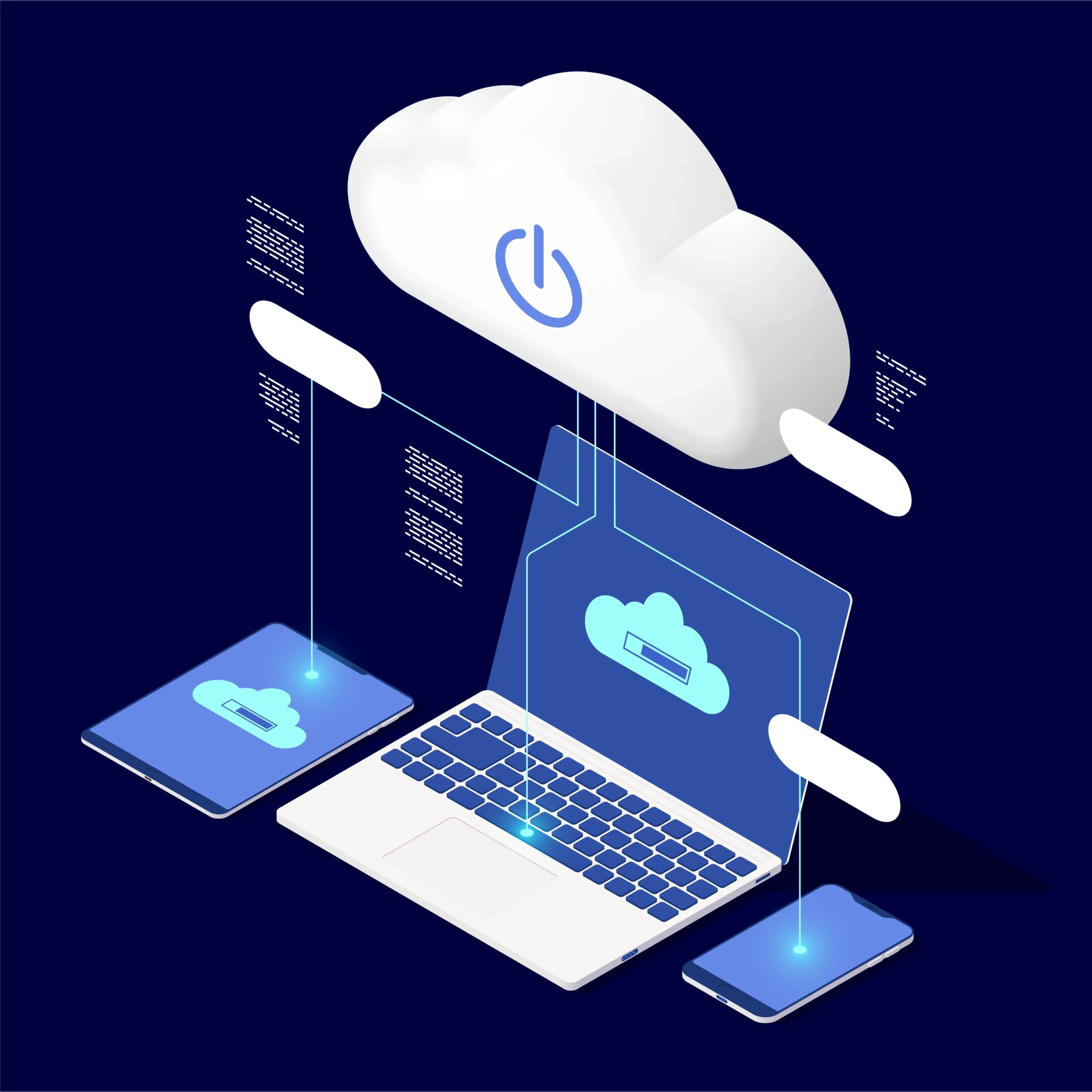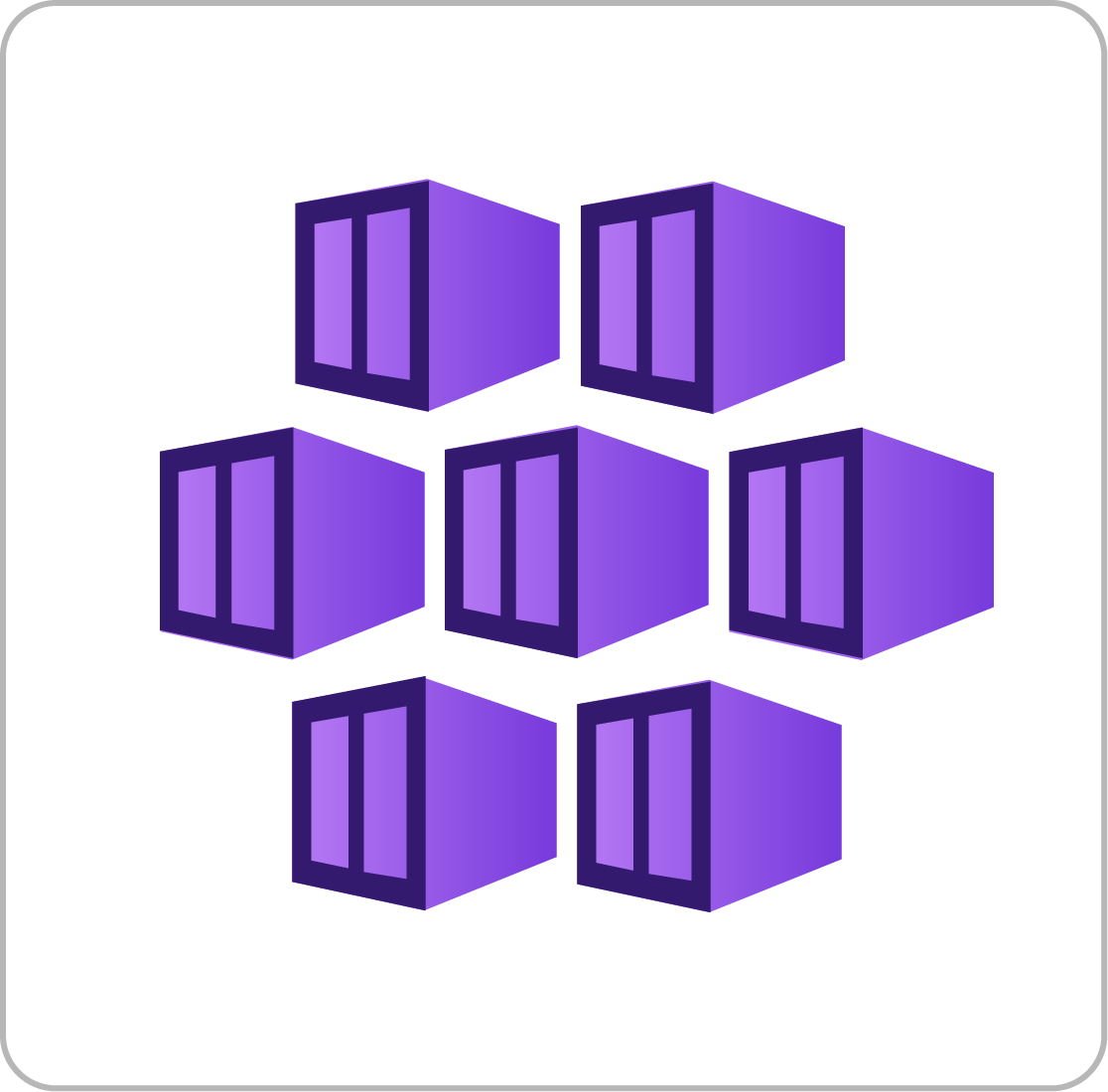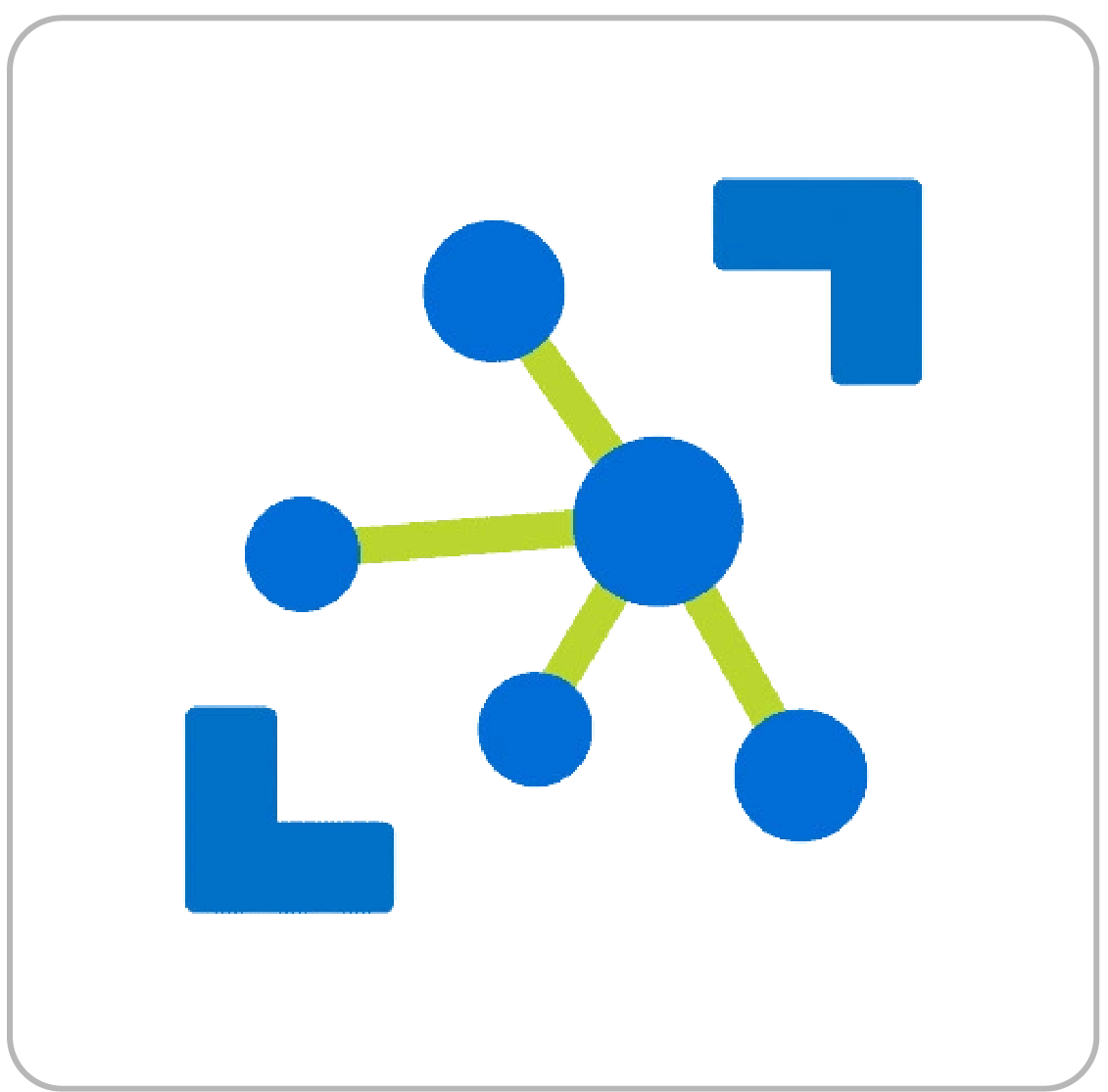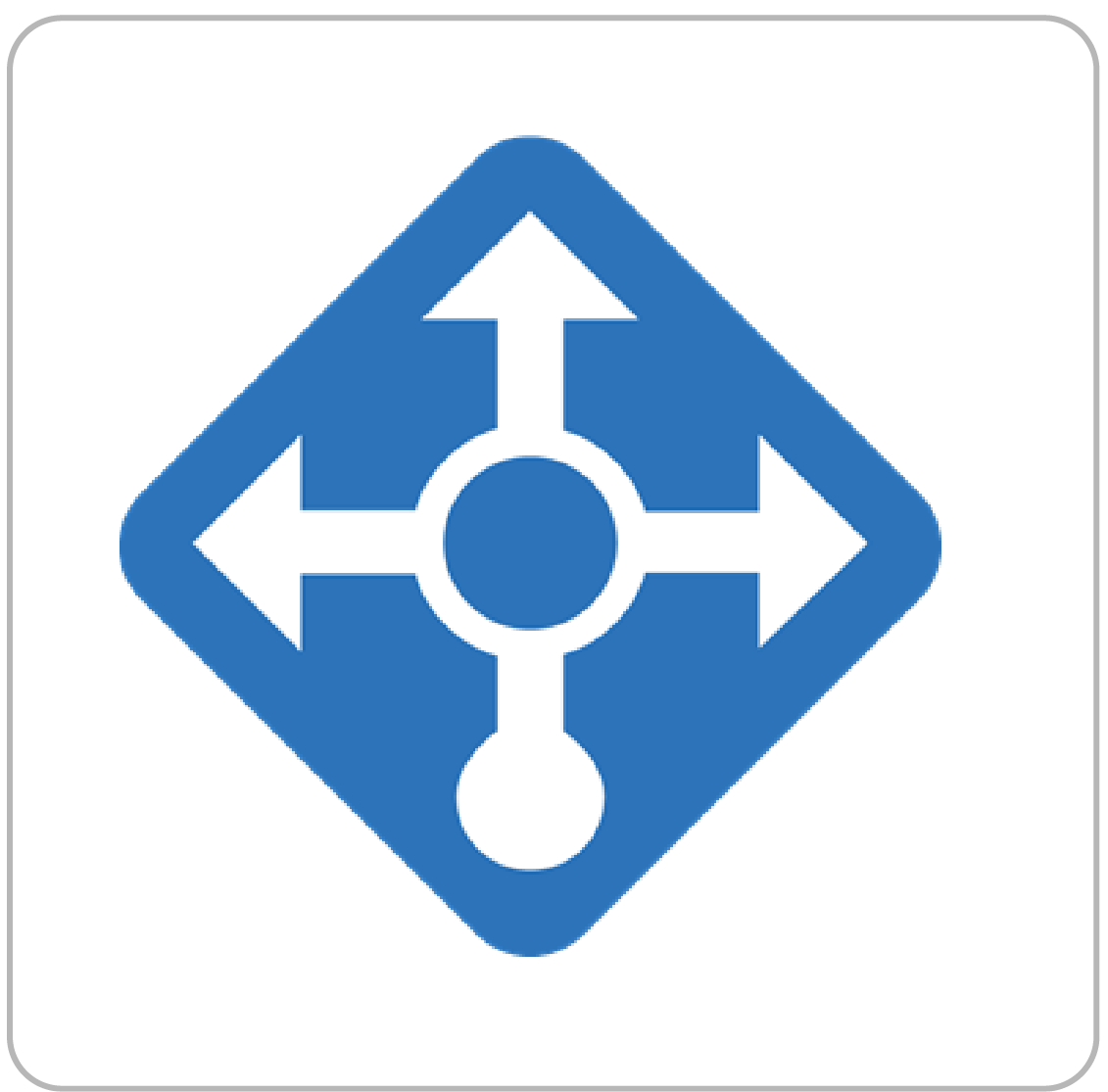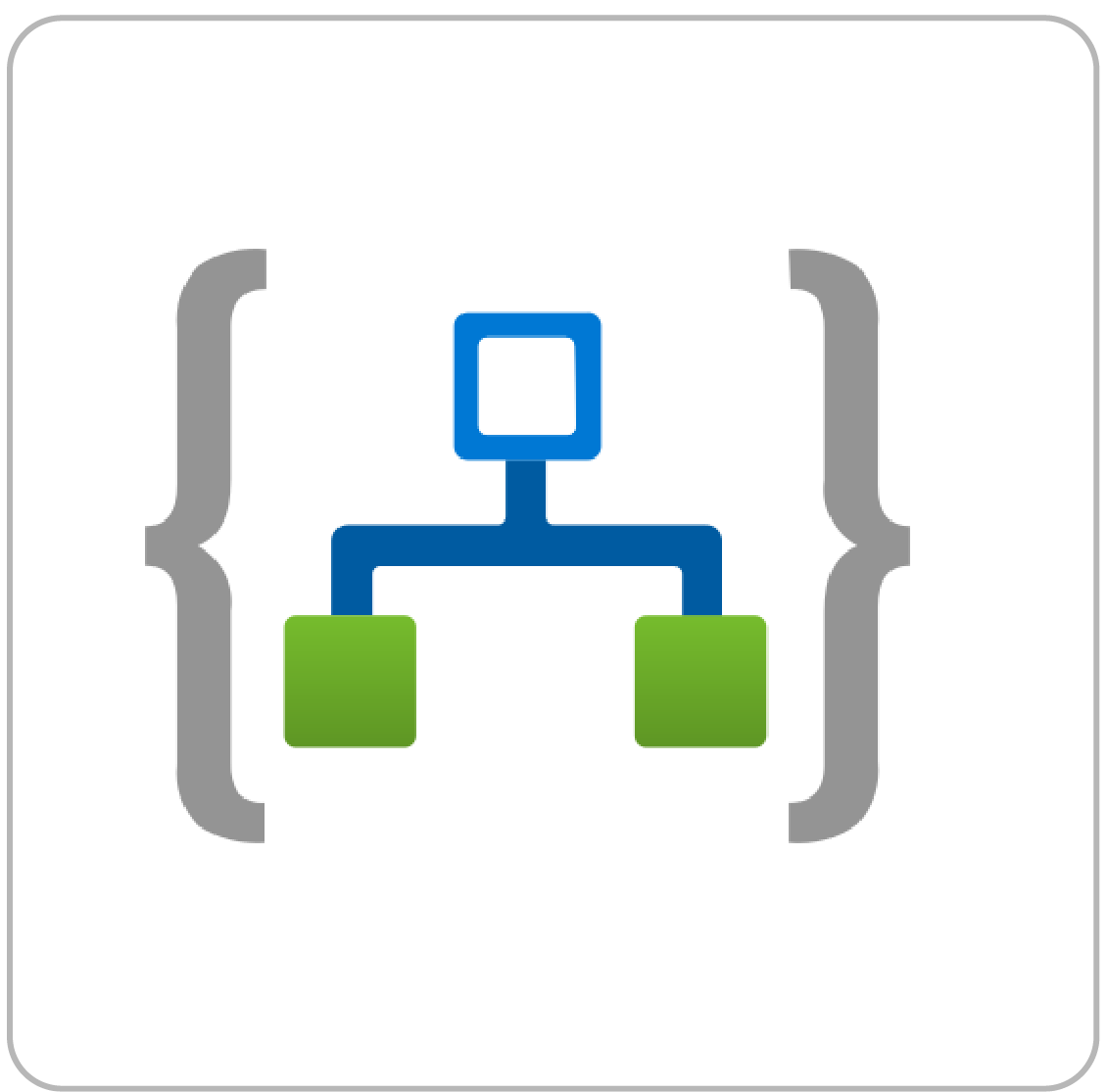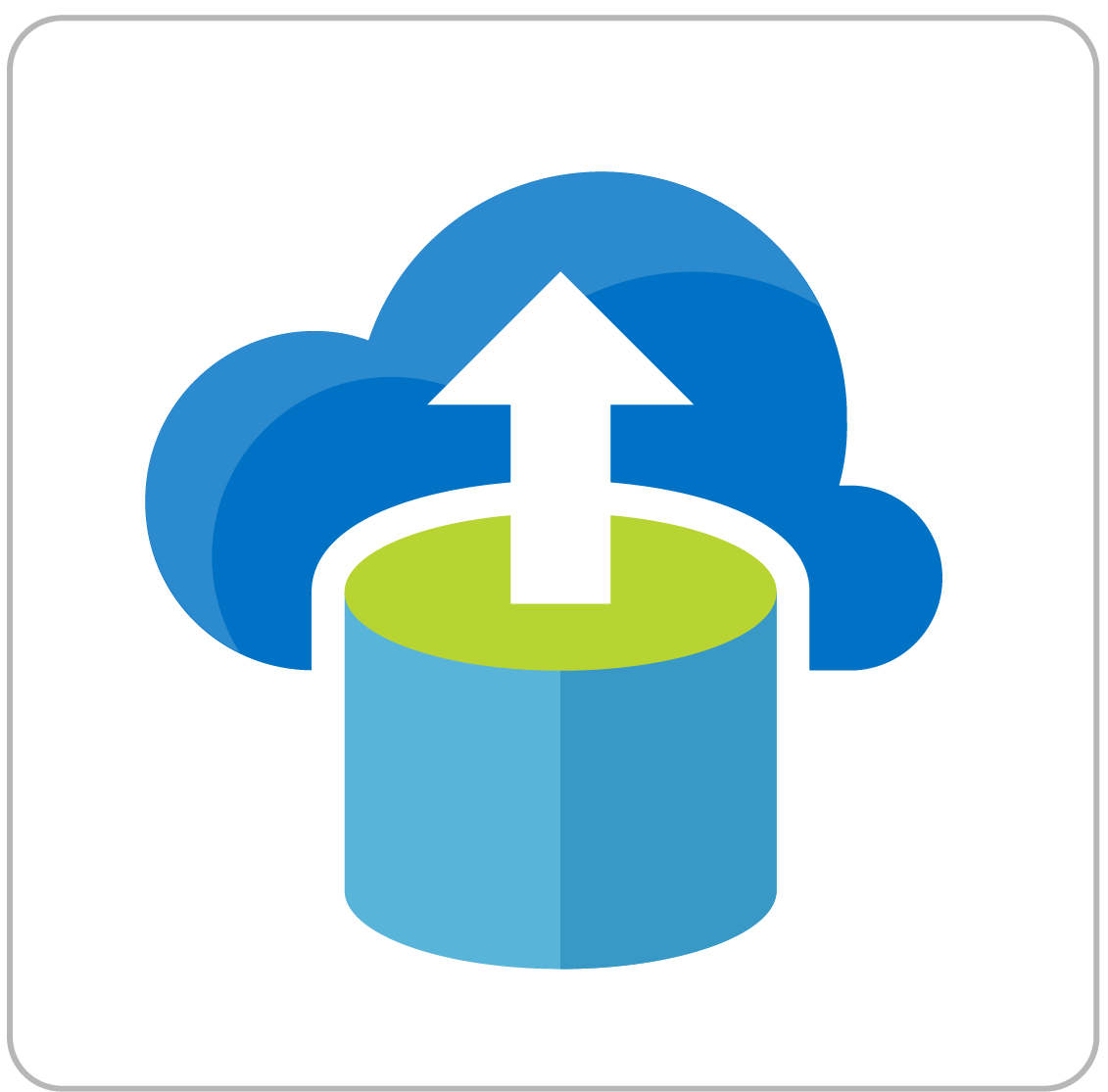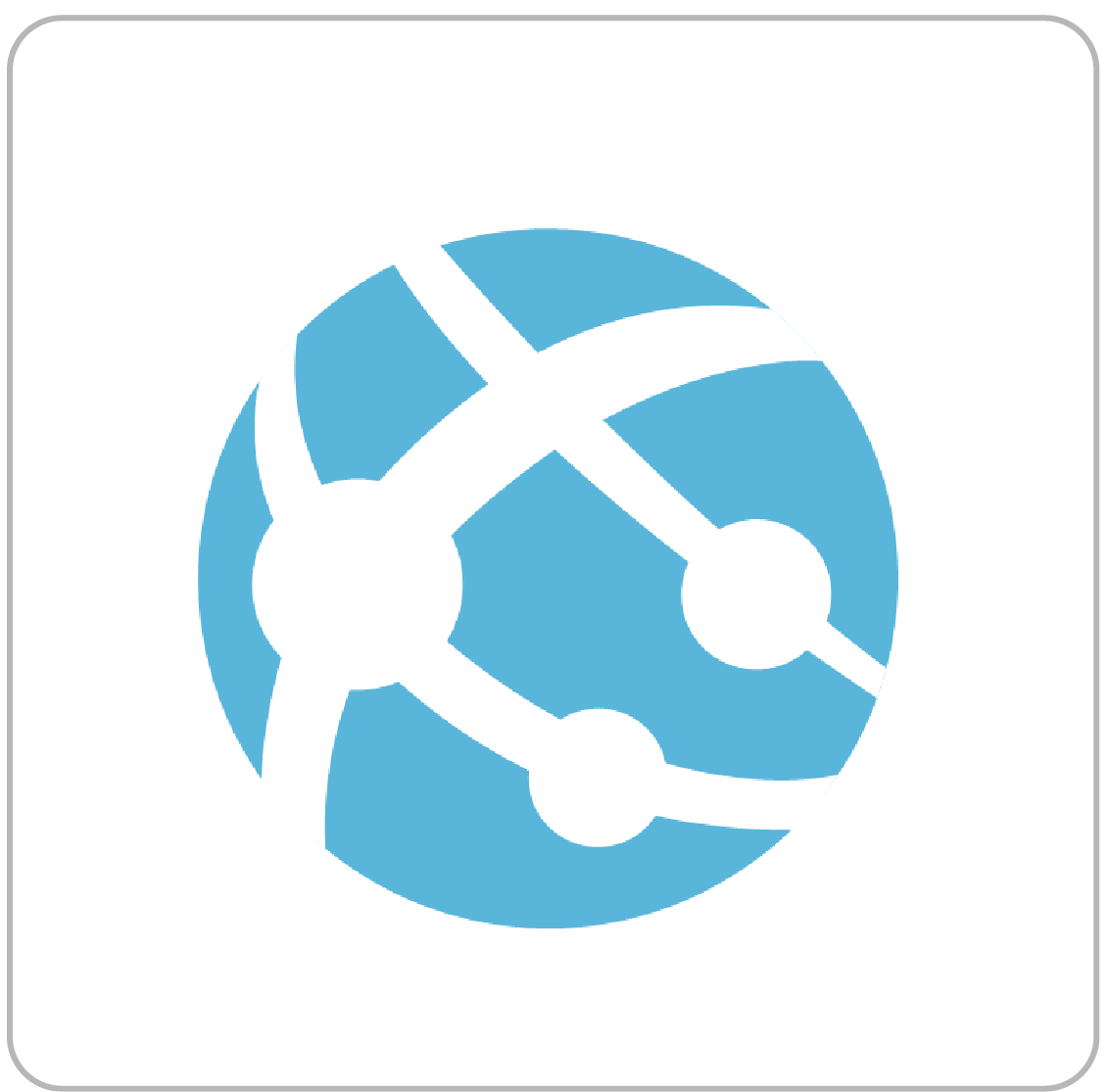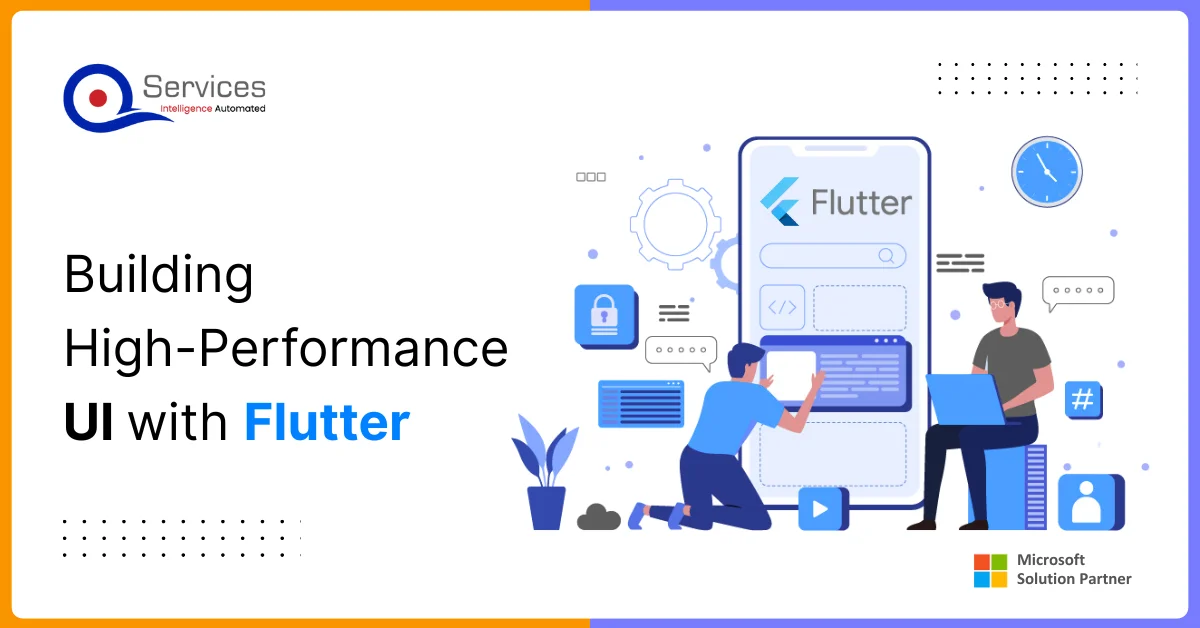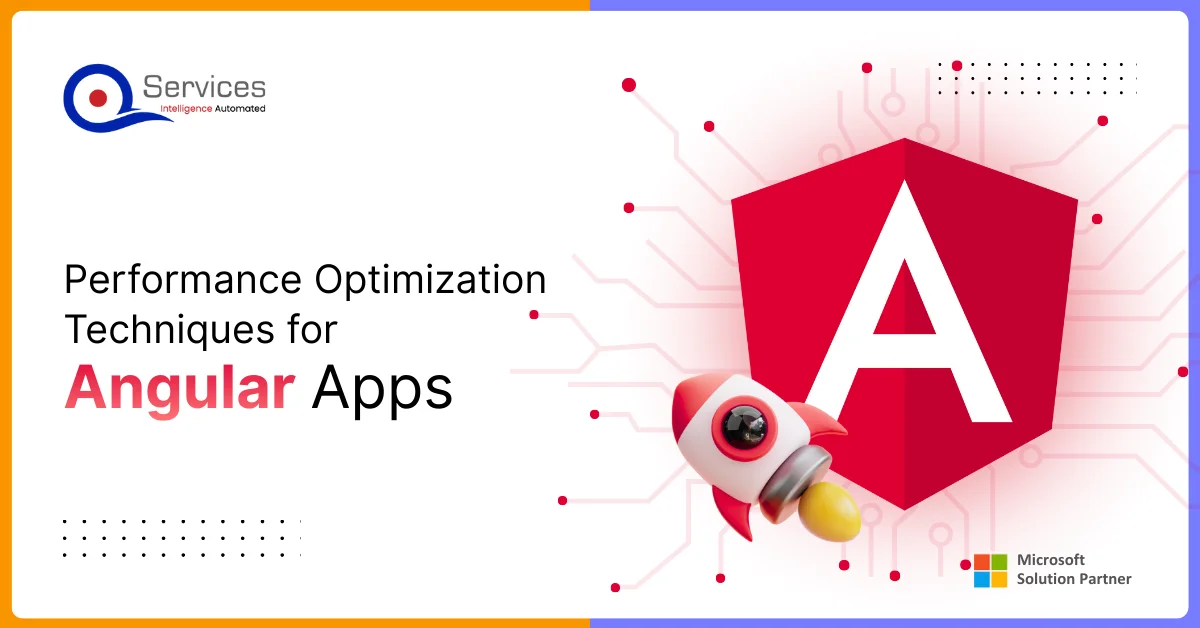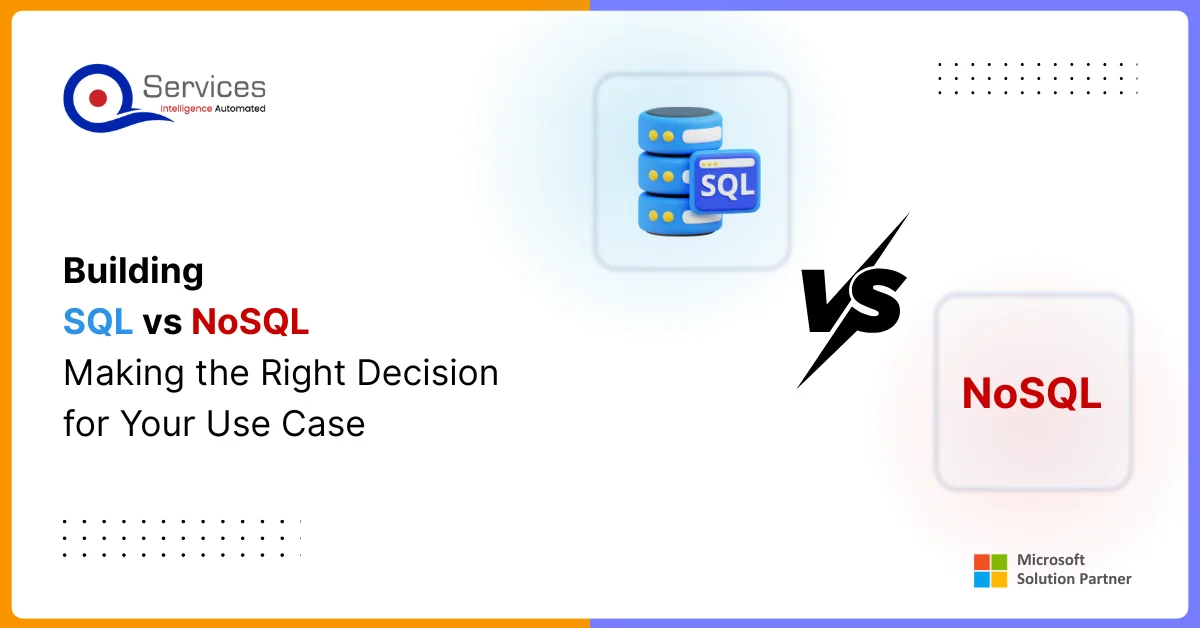
Selecting the right database is one of the most significant decisions in modern application development. Whether you are building a startup product, scaling an enterprise system, or designing cloud-native architecture, the debate around sql vs nosql continues to be highly relevant. The database you choose directly impacts performance, scalability, data consistency, and long-term maintenance.
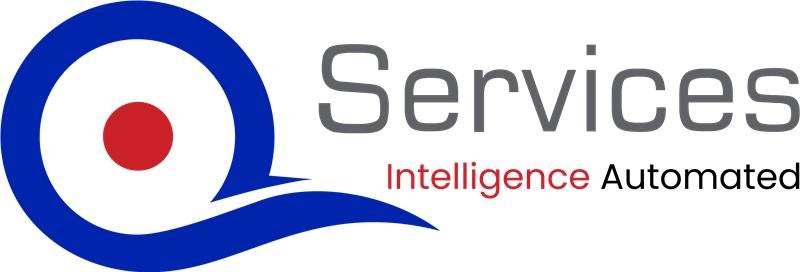
 About us
About us Who We are
Who We are Our Products
Our Products E-books
E-books Contact us
Contact us Skilled Tasker
Skilled Tasker Speedo Delivery
Speedo Delivery Best Match
Best Match Locate Bee
Locate Bee Load Near Me
Load Near Me Hire dotnet Developer
Hire dotnet Developer
 Hire Flutter Developer
Hire Flutter Developer
 Hire Hybrid Developer
Hire Hybrid Developer
 Hire Android Developer
Hire Android Developer
 Hire Frontend Developer
Hire Frontend Developer
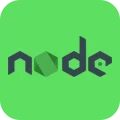 Hire NodeJS Developer
Hire NodeJS Developer
 Hire Xamarin Developer
Hire Xamarin Developer
 Hire iOS Developer
Hire iOS Developer
 Hire WordPress Developer
Hire WordPress Developer
 Power BI
Power BI
 Power Pages
Power Pages
 Copilot Studio
Copilot Studio
 Power Automation
Power Automation
 Power Apps
Power Apps
 Power Virtual Agents
Power Virtual Agents
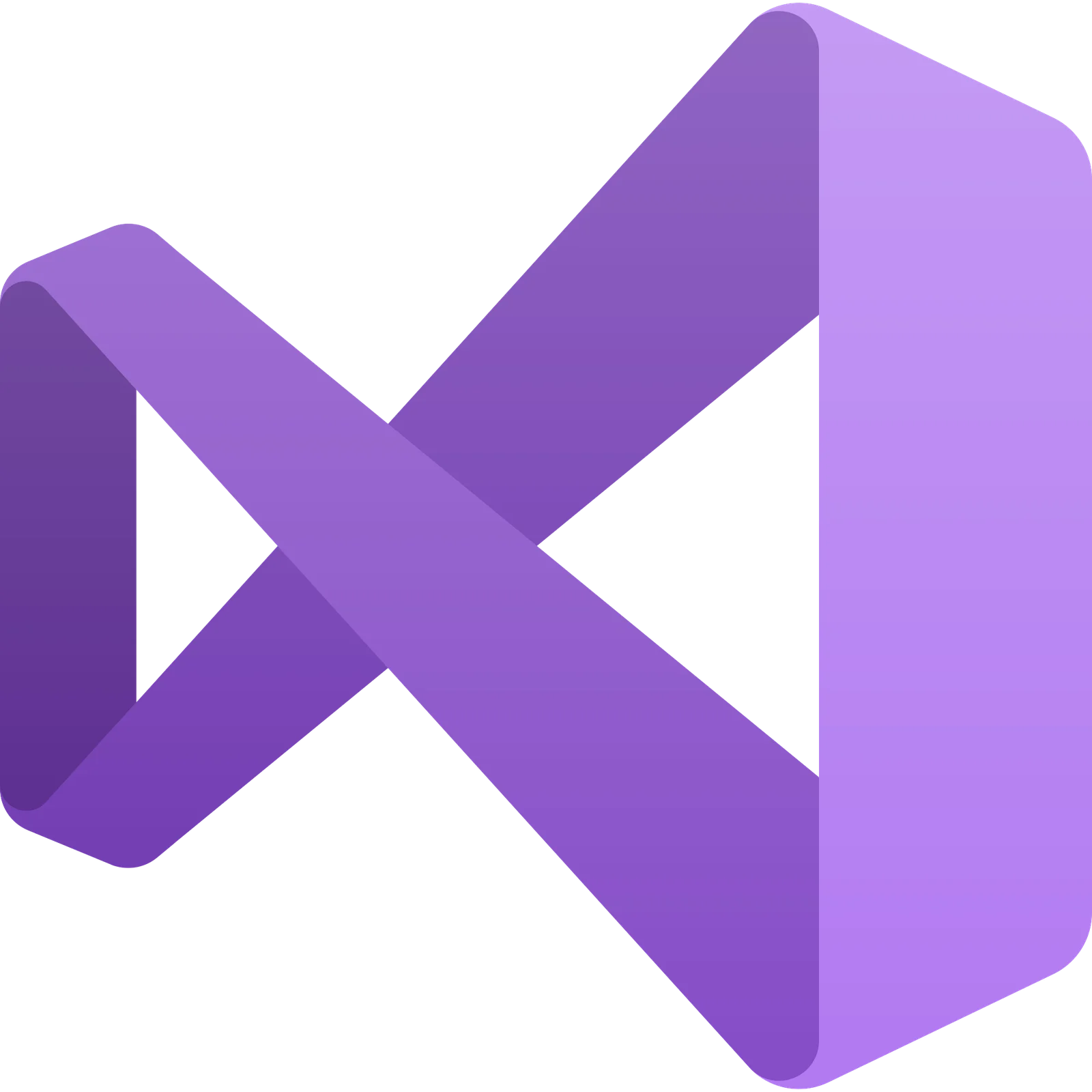 Developer Tools
Developer Tools
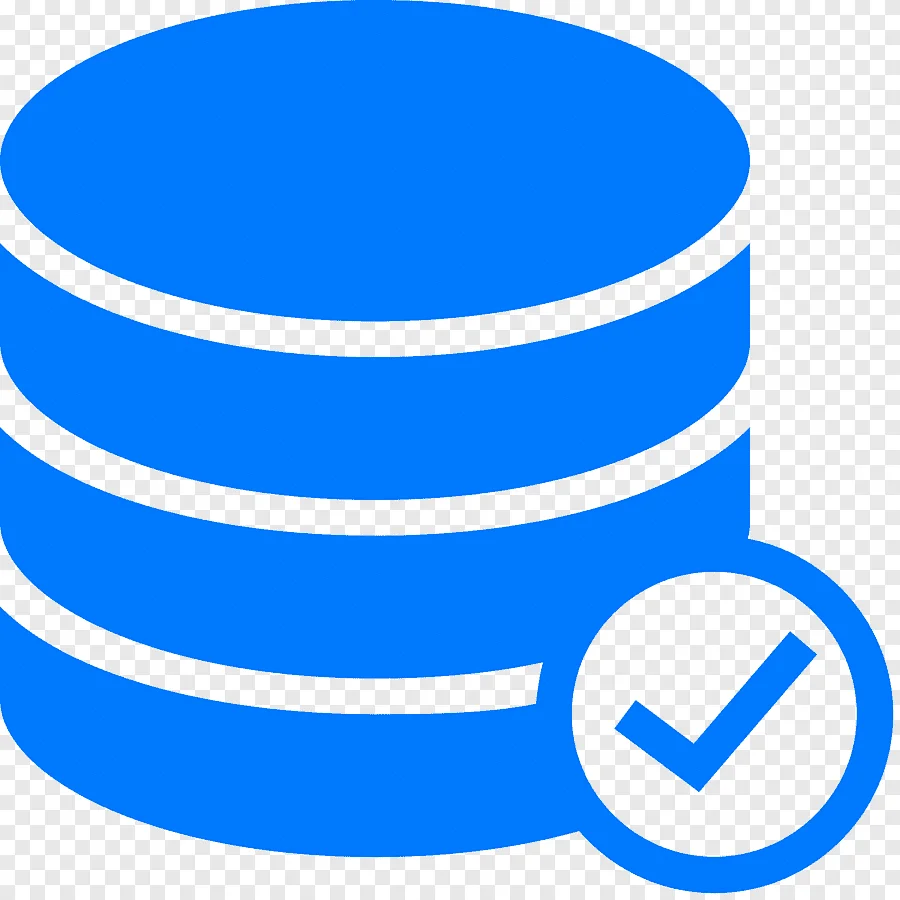 Databases
Databases
 DevOps
DevOps
 Identity
Identity
 Integration
Integration
 Management and Governance
Management and Governance
 Internet of Things
Internet of Things
 Migration
Migration
 Mobile
Mobile
 Security
Security
 Web
Web
 Analytics
Analytics
 Sales
Sales
 Marketing
Marketing
 HR
HR
 Supply Chain Management
Supply Chain Management
 Intelligent Order Management
Intelligent Order Management
 Flutter Development
Flutter Development
 Ionic Development
Ionic Development
 JavaScript
JavaScript
 Wearable
Wearable
 AR VR
AR VR
 MongoDB
MongoDB
 Amazon Web Services
Amazon Web Services
 MySQL
MySQL
 Azure Development
Azure Development
 User Experience
User Experience
 User Interface and Evaluation
User Interface and Evaluation
 User Experience Review
User Experience Review
 Digital Marketing
Digital Marketing
 Social Media Marketing
Social Media Marketing
 PPC
PPC
 SEO
SEO
 IT consultation services
IT consultation services
 Dev Ops
Dev Ops
 Launching and Growth Hacking
Launching and Growth Hacking
 Scope of Work
Scope of Work
 Product Discovery Workshop
Product Discovery Workshop
 Strategic Business Analysis
Strategic Business Analysis
 Food And Beverage
Food And Beverage
 Banking and Financial
Banking and Financial
 Travel and Tourism
Travel and Tourism
 Oil and Gas
Oil and Gas
 Energy and Utility
Energy and Utility
 E-commerce
E-commerce
 Media and Social
Media and Social
 Healthcare
Healthcare
 Hospitality
Hospitality
 Education
Education
 Real Estate
Real Estate
 quincy
quincy
 Customer Support
Customer Support
 Lead Generation
Lead Generation
 Appointment Setter
Appointment Setter
 E-Commerce
E-Commerce
